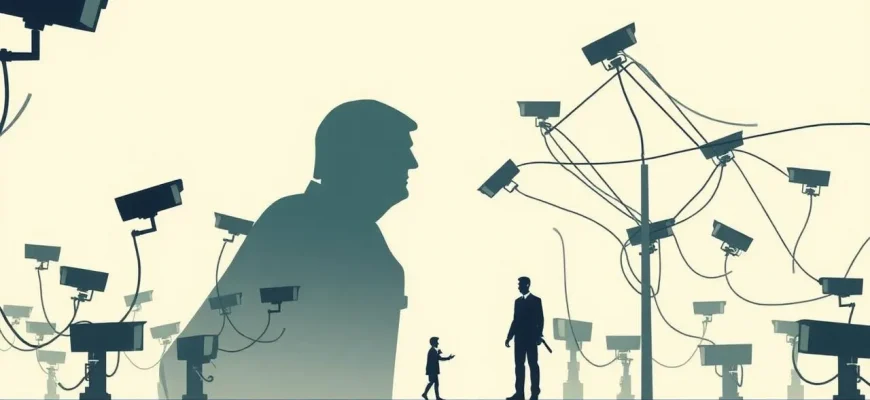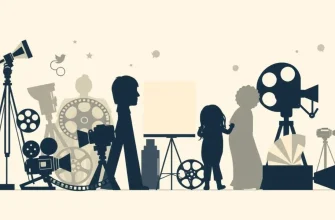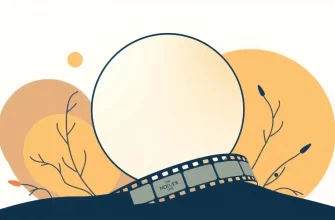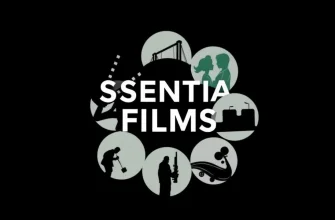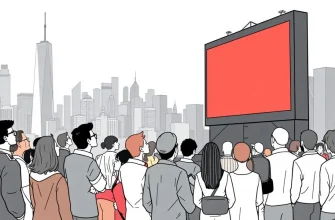George Orwell's works, particularly "1984" and "Animal Farm," have left an indelible mark on literature and film, offering a chilling exploration of totalitarian regimes. This curated selection of films delves into the themes of surveillance, oppression, and the loss of individual freedom, echoing Orwell's warnings about the dangers of unchecked power. These films not only entertain but also provoke thought, making them essential viewing for anyone interested in the political and social implications of totalitarianism.
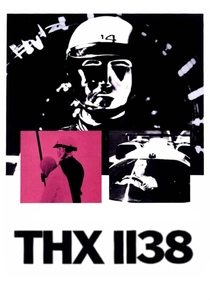
THX 1138 (1971)
Description: George Lucas's debut feature presents a dystopian future where individuality is suppressed, and citizens are controlled through drugs.
Fact: The number "1138" has become an Easter egg in many of Lucas's later works.
 Watch Now
Watch Now
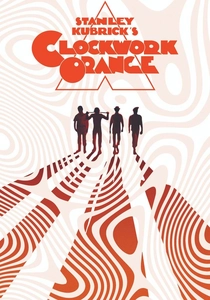
A Clockwork Orange (1971)
Description: Stanley Kubrick's film explores a future where the state uses extreme methods to control behavior, touching on themes of freedom and control.
Fact: The film was withdrawn from UK cinemas by Kubrick himself due to copycat violence.
 Watch Now
Watch Now
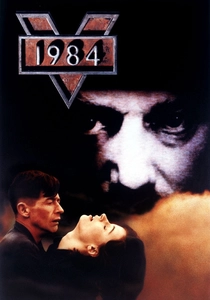
1984 (1984)
Description: This adaptation of Orwell's novel captures the essence of totalitarian control with its depiction of a dystopian society under constant surveillance.
Fact: The film was released in the same year as the novel's setting, 1984, adding a layer of eerie relevance.
 Watch Now
Watch Now

The Matrix (1999)
Description: While not overtly political, the film's concept of a simulated reality controlled by machines resonates with Orwell's ideas of manipulated perception.
Fact: The film's "bullet time" effect was groundbreaking and has since been widely imitated.
 Watch Now
Watch Now

Equilibrium (2002)
Description: In a world where emotions are outlawed, this film explores the consequences of a society that suppresses human feelings to maintain order.
Fact: The film's visual style was influenced by German expressionism, particularly Fritz Lang's "Metropolis."
 Watch Now
Watch Now
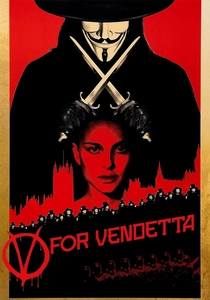
V for Vendetta (2005)
Description: Set in a fascist Britain, this film delves into themes of resistance against totalitarian rule, echoing Orwell's critique of oppressive governments.
Fact: The mask worn by V became a symbol for various protest movements worldwide.
 Watch Now
Watch Now

The Hunger Games (2012)
Description: This film series, while aimed at a younger audience, explores themes of control, surveillance, and rebellion against a totalitarian regime.
Fact: The film's setting, Panem, is a dystopian version of North America, reflecting a future where society has collapsed into authoritarian rule.
 Watch Now
Watch Now

Brazil (1985)
Description: Terry Gilliam's surreal masterpiece explores a bureaucratic nightmare where individual freedom is crushed by an oppressive regime.
Fact: The film's title refers to the song "Aquarela do Brasil," which plays during a dream sequence, symbolizing escape.
 30 Days Free
30 Days Free
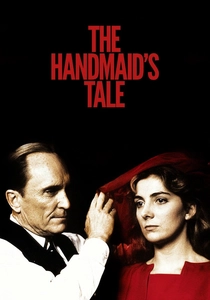
The Handmaid's Tale (1990)
Description: While not directly inspired by Orwell, this adaptation of Atwood's novel shares themes of state control over reproduction and individual rights.
Fact: The film's setting was inspired by the Puritan era, reflecting a historical form of totalitarianism.
 30 Days Free
30 Days Free
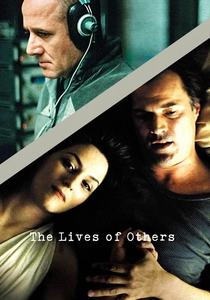
The Lives of Others (2006)
Description: Set in East Germany, this film examines the Stasi's surveillance and its impact on individuals, reflecting Orwell's themes of privacy invasion.
Fact: The film won the Academy Award for Best Foreign Language Film in
 30 Days Free
30 Days Free

